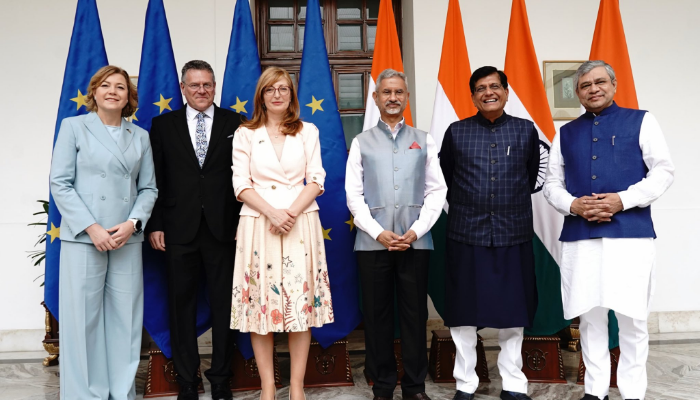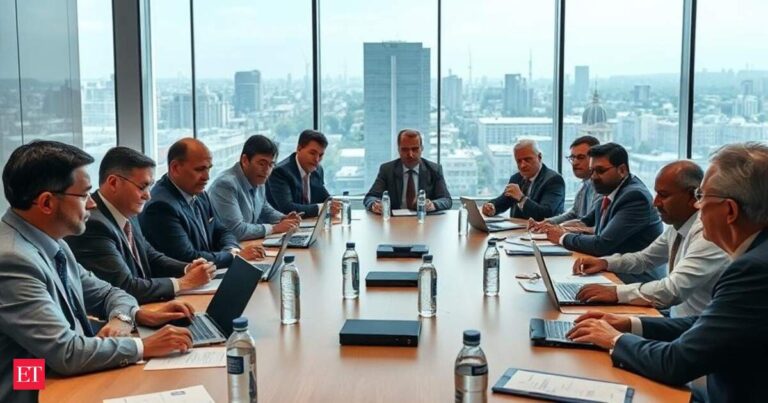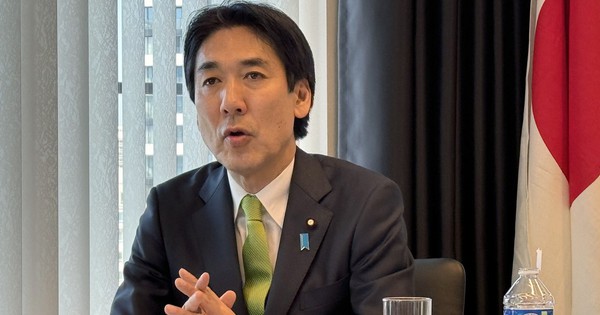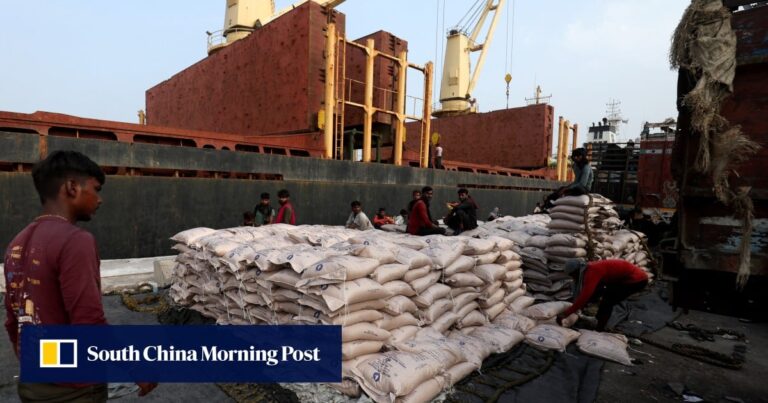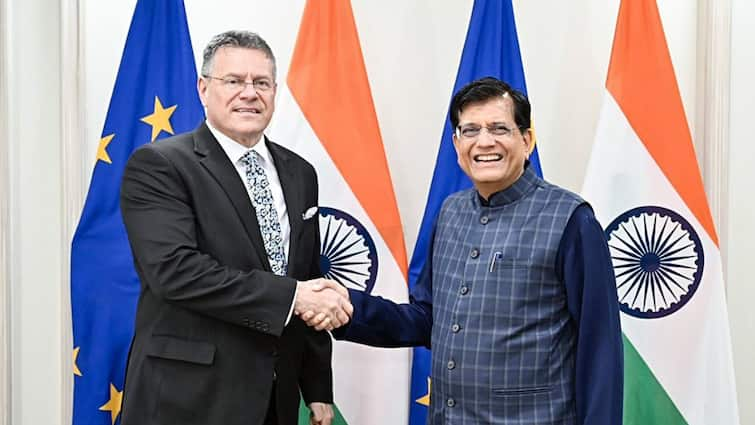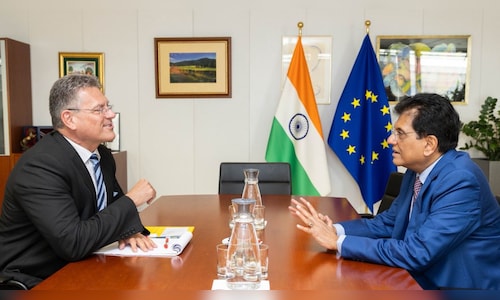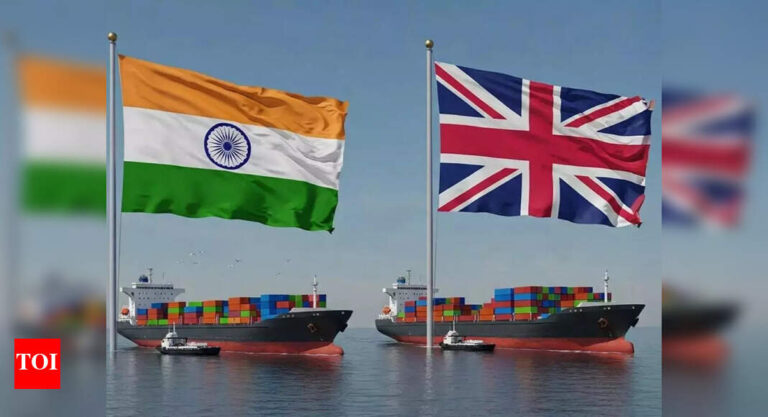
In the midst of the growing cooperation of the European Union in critical technologies, the India-Europe resilience forum was launched on Friday (28.03.2025) as an initiative of Track Diplomacy 1.5, bringing together experts and political institutions. This effort, led by four organizations, aims to promote dialogue and collaboration between the main stakeholders in India and Europe on shared “non -traditional” security challenges.
The IERF is led by the Institute of Peace and Conflict Studies and Hanns Seidel Foundation India, in partnership with the Center for Social Research and the Center for Educational and Social Studies, Chanakya University (CU).
A joint declaration published at the end of the visit of the EU commissioners in India, led by the president of the European Commission Ursula von der Leyen, stressed the importance of the intensification of cooperation between India and Europe in fields such as “trade and disintegration of supply chains, investment, investment, investment, investment, investment, investment
In this context, the two parties have agreed to further strengthen the resilience of semiconductor supply chains and to promote collaboration in the high-tech sector. “To this end, they have agreed to explore joint R&D in the design of fleas, heterogeneous integration, sustainable semiconductor technologies and technological development of advanced processes for process design kits (PDK), among others,” said a version after the second meeting of the Commerce and Technology Council.
After the launch of the forum, an inaugural round table on critical raw materials (CRM) summoned experts to discuss potential opportunities and challenges of collaboration. India and the EU strongly depend on imports to respond to their CRM requests, a sector largely dominated by China.
An expert warned against the politicization of critical minerals, suggesting the G20 as an ideal platform for discussion, Brazil highlighting the importance of the resilience of the supply chain. Another expert noted the evolution of the CRM landscape, suggesting that India and the EU could take advantage of their respective forces, citing the long -standing relationship of India with Africa as a potential example.
India became the 14th member of the Mineral Security Partnership (MSP) in June 2023 joining other countries, including the EU. The MSP seeks to strengthen the supply chains for critical minerals to support economic prosperity and climatic objectives. He seeks to ensure that critical minerals are produced, treated and recycled by catalyzing the investments of governments and the private sector throughout the value chain, the government informed Parliament in a written response in October 2023.
India became the 14th member of the Mineral Security Partnership (MSP) in June 2023, joining other nations, including the EU. The MSP aims to strengthen critical mineral supply chains to support economic prosperity and climatic objectives by catalyzing the investments of governments and the private sector throughout the value chain, as the government informed Parliament in a written response in October 2023.
Published – March 29, 2025 09:42 PM ist
